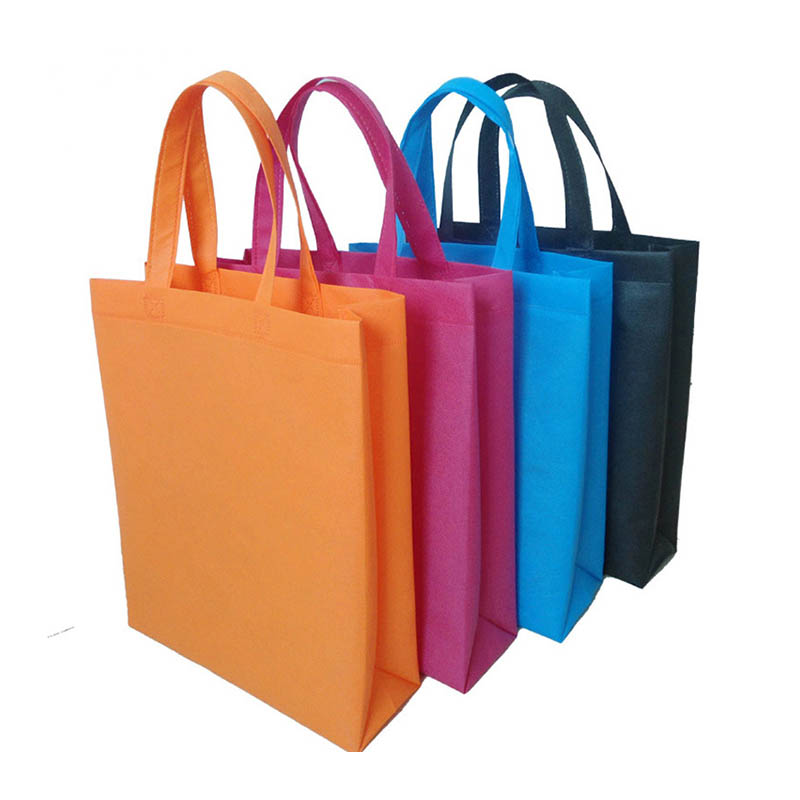An Environmental Perspective on the Production of RPET Nonwoven Shopping Bags: Exploring Potential Harmful Practices
2024-04-24
In the realm of sustainable packaging, RPET nonwoven shopping bags have gained significant popularity as an environmentally friendly alternative to traditional plastic bags. However, it's important to examine the entire production process of these bags to ensure that they are truly sustainable and do not involve any environmentally harmful practices.
Firstly, let's take a look at the raw materials used in the production of RPET nonwoven bags. The key ingredient is recycled polyethylene terephthalate (RPET), which is derived from recycled PET bottles and other waste. This recycling process itself is a positive step towards waste reduction and resource conservation. By using recycled materials, the production of RPET bags significantly reduces the demand for virgin plastics, thus mitigating the environmental impact of plastic production.
However, the recycling process itself can sometimes involve some challenges. Sorting and cleaning the waste PET materials can be a resource-intensive task, and improper handling can lead to contamination and reduce the quality of the recycled material. Additionally, the transportation of recycled materials from collection points to processing facilities can generate emissions, depending on the mode of transportation used.
Once the recycled PET materials are processed and ready for use, the production of RPET nonwoven bags involves various steps such as spinning, weaving, and finishing. These processes typically require energy and may generate some waste, but modern manufacturing techniques aim to minimize these impacts. Manufacturers are increasingly adopting energy-efficient technologies and waste reduction strategies to optimize their production processes.
Moreover, the use of sustainable and eco-friendly dyes and finishes in the production of RPET nonwoven bags is crucial to ensure their environmental sustainability. Avoiding harmful chemicals and opting for natural or low-impact alternatives can significantly reduce the environmental footprint of the bags.
It's also worth noting that the overall environmental impact of RPET nonwoven bags depends not only on the production process but also on the end-of-life management of the bags. Promoting reuse and recycling of these bags can further enhance their sustainability. Consumers and businesses can play a crucial role in this by adopting practices that extend the lifespan of the bags and ensure their proper disposal or recycling.
In conclusion, while the production process of RPET nonwoven shopping bags involves some challenges and potential environmental impacts, it is generally considered a more sustainable option compared to traditional plastic bags. The use of recycled materials, energy-efficient manufacturing techniques, and eco-friendly finishes contribute to the environmental sustainability of these bags. However, it's important to continue improving the production process and promoting responsible end-of-life management to further minimize their environmental impact.



